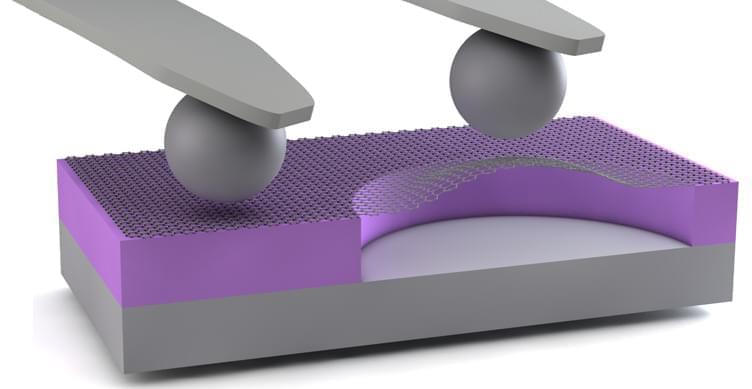Rice University researchers, in collaboration with international partners, have developed the first eco-friendly technology to rapidly capture and destroy toxic “forever chemicals” (PFAS) in water. The findings, recently published in Advanced Materials, mark a major step toward addressing one of the world’s most persistent environmental threats.
The study was led by Youngkun Chung, a postdoctoral fellow under the mentorship of Michael S. Wong, a professor at Rice’s George R. Brown School of Engineering and Computing, and conducted in collaboration with Seoktae Kang, professor at the Korea Advanced Institute of Science and Technology (KAIST), and Keon-Ham Kim, professor at Pukyung National University in South Korea.
PFAS, short for per-and polyfluoroalkyl substances, are synthetic chemicals first manufactured in the 1940s and used in products ranging from Teflon pans to waterproof clothing and food packaging. Their ability to resist heat, grease and water has made them valuable for industry and consumers. But that same resistance means they do not easily degrade, earning them the nickname “forever chemicals.”









